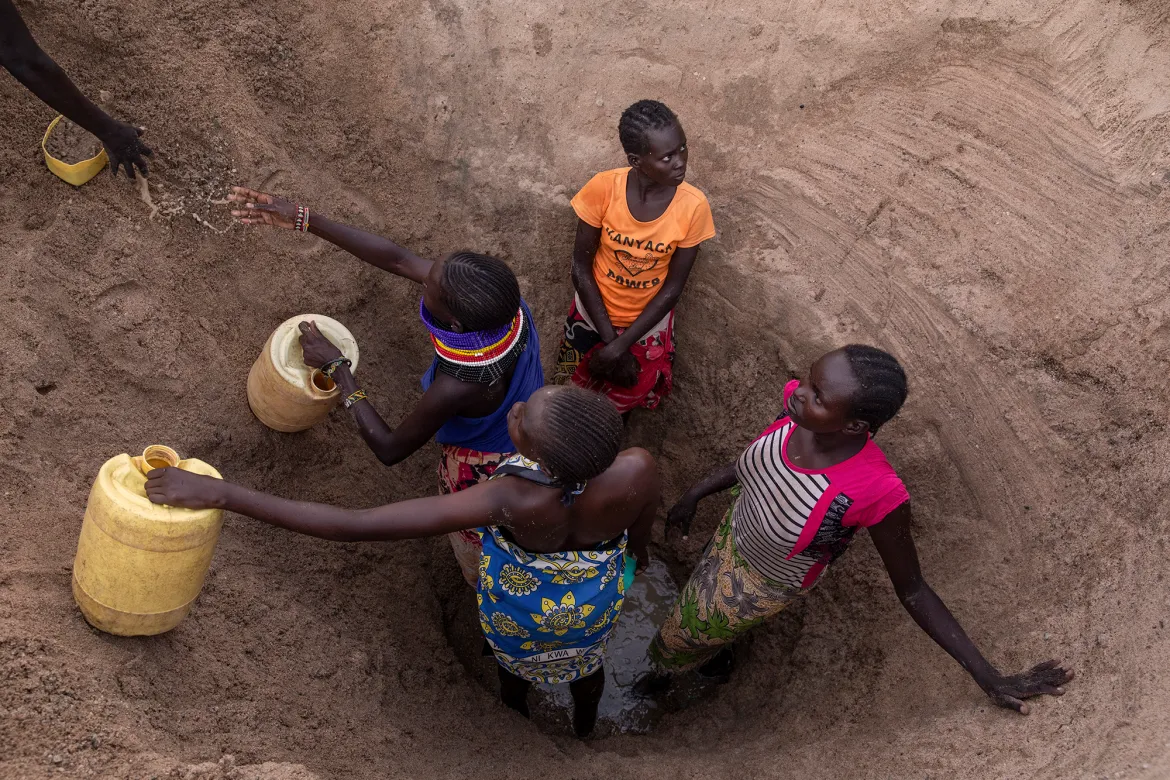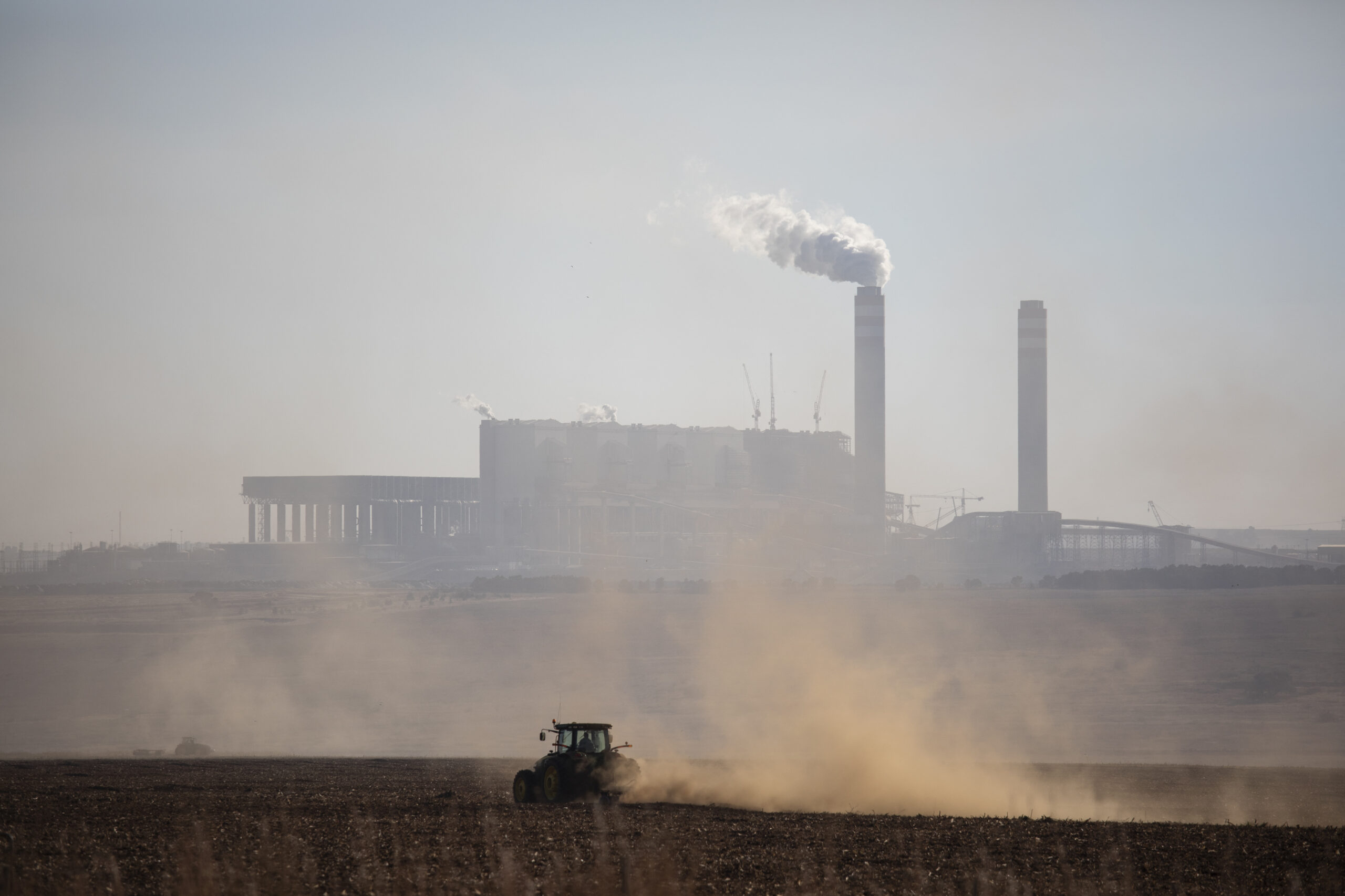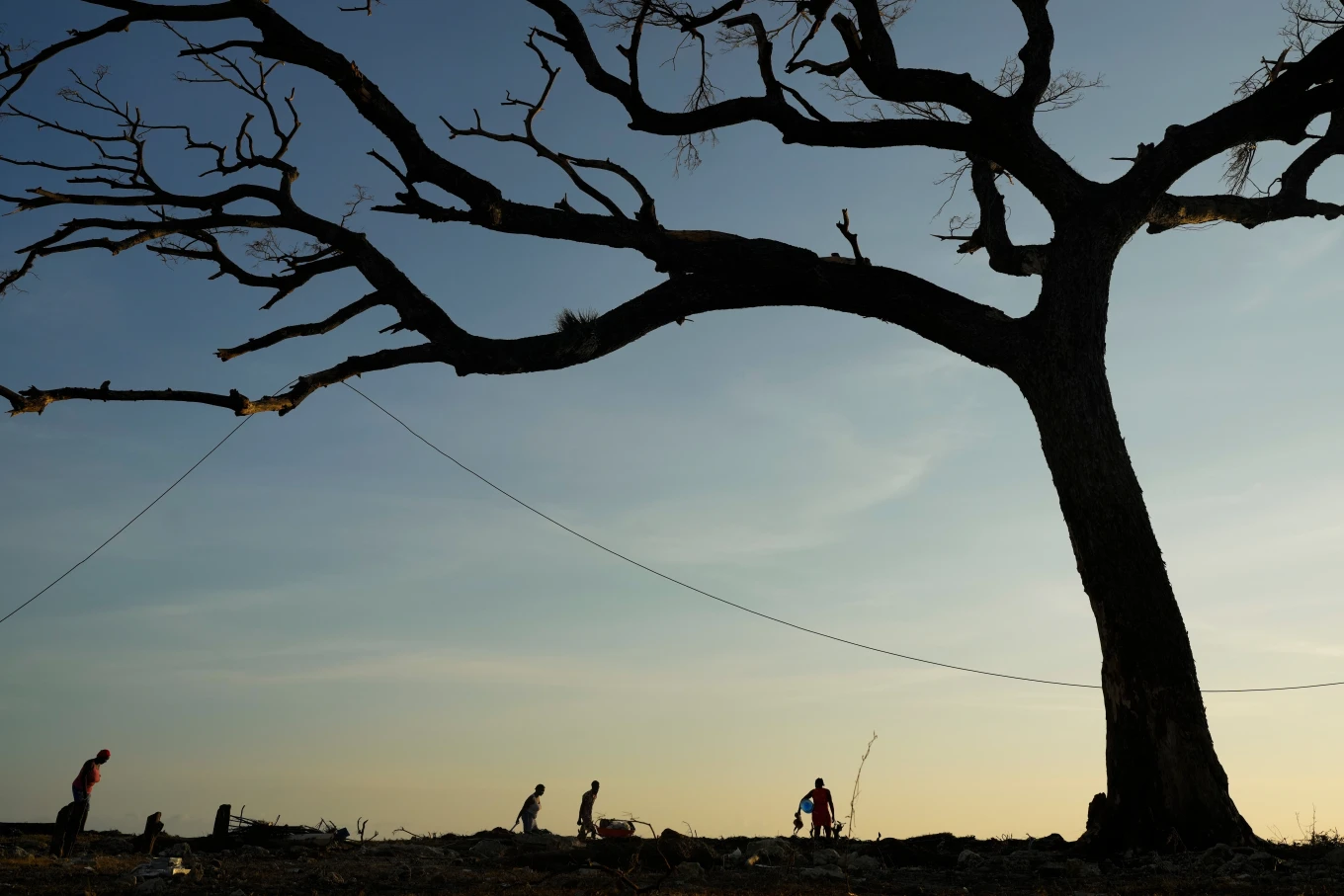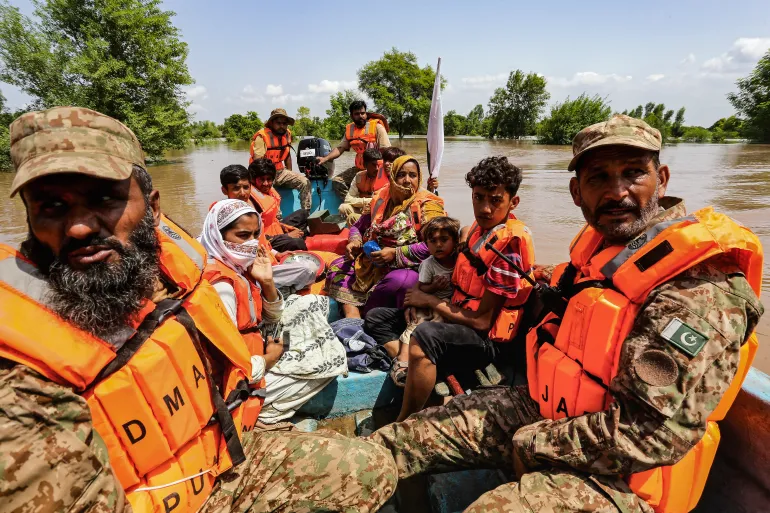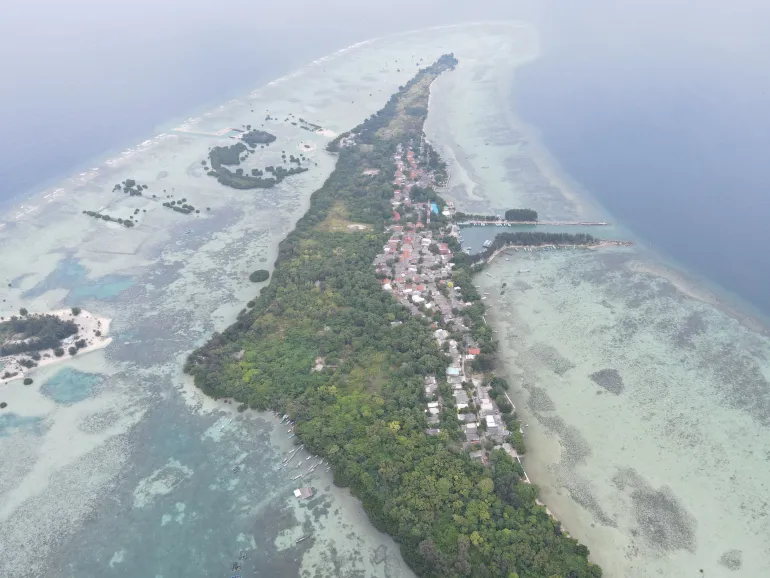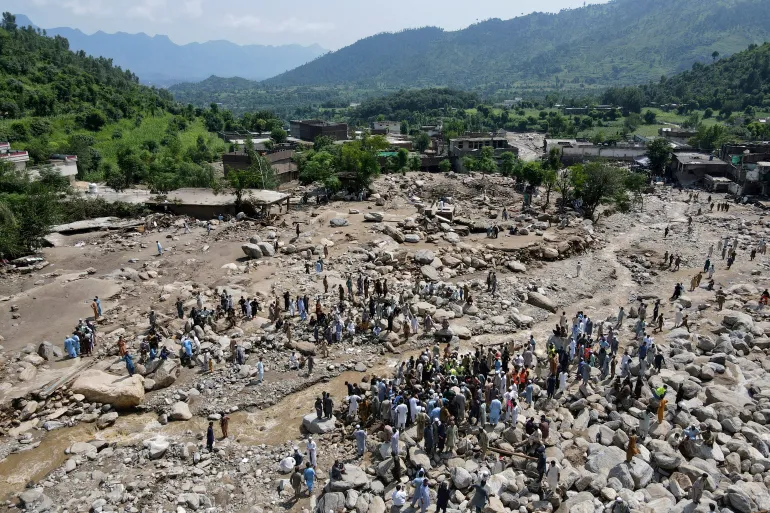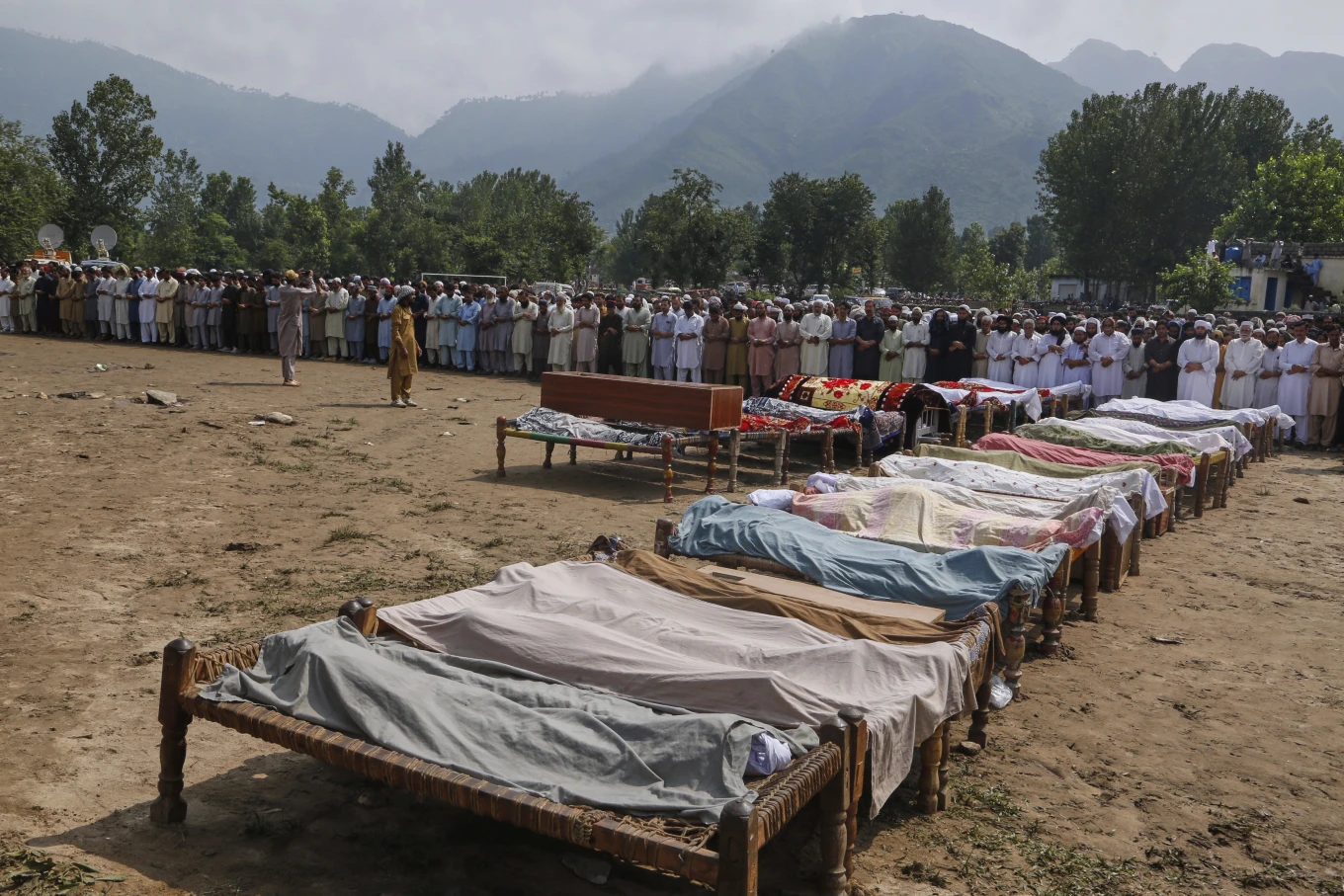Negotiating the Future of Plastic Pollution
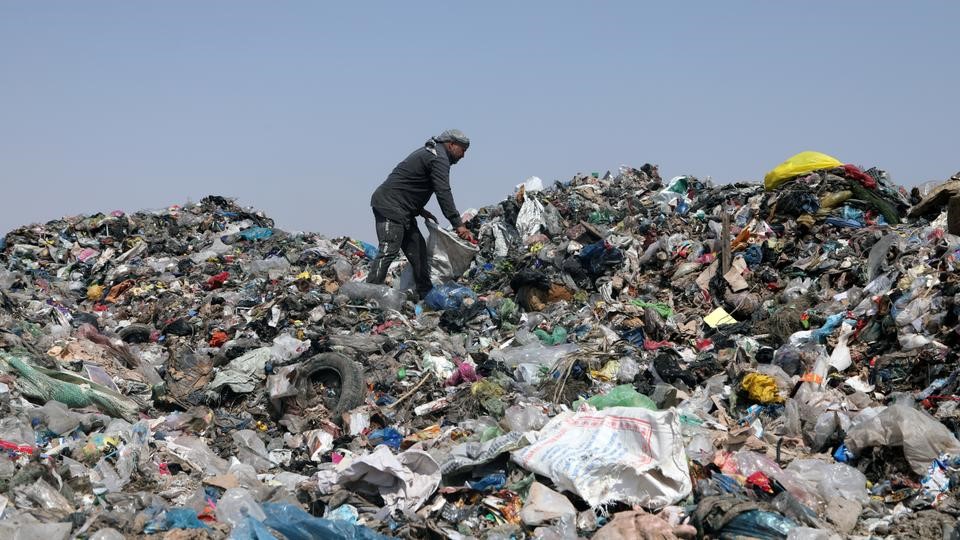
Plastic waste is now one of the most pervasive environmental challenges/Al Jazeera.
The fifth and final round of negotiations for the Intergovernmental Negotiating Committee (INC) on Plastic Pollution is currently taking place in Busan, South Korea. This critical meeting is focused on creating a global, legally binding treaty aimed at addressing plastic pollution, particularly in marine environments. The treaty is seen as a vital step in combating the environmental crisis posed by plastics, which have infiltrated ecosystems across the planet, from the deepest ocean floors to the clouds above. Alarmingly, plastic particles have even been discovered in human breastmilk, a stark reminder of the far-reaching impact of this pollution.
Plastic waste is now one of the most pervasive environmental challenges, posing significant threats to biodiversity, human health, and the overall well-being of the planet. While there is broad agreement that plastic pollution is a major problem, there is considerable debate over how best to tackle it. Key issues under discussion include whether the treaty should impose limits on plastic production. Some argue that capping production is essential to reducing pollution at its source, while others worry about the potential economic and industrial disruptions such measures could cause.
Another contentious issue is the regulation of harmful chemicals commonly found in plastics, such as phthalates and bisphenol A (BPA). These substances have been linked to serious health risks, including hormone disruption, and are present in a wide range of plastic products. Negotiations are focused on how to address these toxic chemicals without negatively affecting industries that rely on them.
Additionally, financing the implementation of the treaty remains a central challenge. To achieve the treaty’s goals, significant investment in waste management, recycling infrastructure, and the development of sustainable alternatives to plastic will be necessary. Developing countries, which often bear the brunt of plastic waste, are particularly concerned about how these measures will be funded. Discussions about how to support these efforts—whether through international financial assistance, contributions from the private sector, or other mechanisms—are ongoing.
As the final round of negotiations draws to a close, the global community remains hopeful that the treaty will lay the groundwork for a sustainable future, one where plastic pollution is no longer an overwhelming threat to both people and the planet. The outcome of these talks will play a pivotal role in shaping global environmental policies and actions for years to come.
Agencies.




